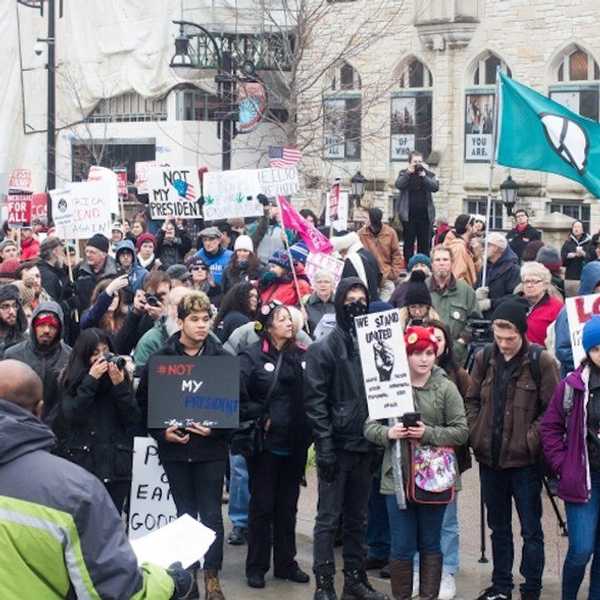The debate over whether to maintain or rescind the Deferred Action for Childhood Arrivals program has been a hot topic since the 2016 election. In recent developments, however, the proposal for a bipartisan bill is struggling. If the Democrats want to keep DACA in place, they will have to concede $18 billion for the border wall. There is the talk of a government shutdown in order to push the negotiations forward, as many of the Democrat negotiators are digging their heels in. One thing is certain—President Trump is unyielding.
What is DACA anyway?
The Deferred Action for Childhood Arrivals program (also called DACA) was enacted by the Obama Administration after several failed attempts to pass legislation to protect illegal immigrants brought in as children from deportation. Of all of the eligible undocumented immigrants in the US (roughly 1.9 million), though, only about 800 thousand have actually applied and been approved.
The immigrants who either arrived or remained in the US illegally, as minors, are granted renewable 2-year protection from deportation and are allowed work permits. Several of the initial applicants are in their third term for these permits. President Trump noted in his official statement on the current plan to end DACA, that he does not wish to punish children for the wrongdoing of their parents. As such, unless
Congress works with him on his deal to preserve it, DACA will begin a gradual phase-out beginning on March 6th of this year. Current permits and applications will be honored and processed, consecutively, and the young people protected under this rule have been declared low-priority for immigration enforcement agencies, so long as they do not show violent or criminal behavior.
Why is it ending?
DACA was enacted by a memorandum with the Department of Homeland Security, without the approval of Congress. Several senators object to such a broad-reaching grant being issued in such a back-door manner, decrying it unconstitutional. The manner of creation for this program also means that it could be canceled abruptly at any time—something which the President has opted to avoid.
Many dislike DACA for other reasons—such as granting opportunities to those who have come here illegally, as though rewarding illegal immigration. With the block of the action that attempted to extend this amnesty to the parents of DACA recipients, however, this concern is somewhat lessened, especially considering that DACA only applies to those who arrived as minors before July of 2007.
What’s happening now?
The settlement of the negotiations over how to help the Dreamers—those who are protected under DACA—have slowed recently with the Democrats unwillingness to agree to the President’s demands.
Trump has demanded $18 billion in support from Congress to expand the border wall and improve security and enforcement of other preexisting immigration laws. The Democrats’ dissent stems from their ideas of how much better that money could be spent: education! Treating those with drug addictions! And so much more!
It is arguably more pertinent to support the border wall in exchange for the keeping and maintenance of DACA, though; surely, since this measure does not (and rightly so) extend to any new illegal arrivals, you should want to discourage and prevent further illegal immigration. Alas, it seems this is not the kind of logical thinking that drives them, and as such the negotiations continue.
Estimates say that a decision would need to be reached by January 19th in order to ensure that all pending applications could be processed by the March 5th deadline, before the beginning of the phase-out on March 6th.
These delays are duly concerning for the Dreamers and their most avid supporters, then, and Trump has commented openly that a government shutdown may be necessary to finish this. Senator Durbin, who proposed the Dream Act to replace the current DACA measures, has said that a shutdown may well come to fruition given the demands that Trump has made. This act, however, requires 60 votes to pass, which means it must be a bipartisan compromise.
Despite the concerns in December of a shutdown, it was avoided with a temporary spending bill from Congress—but will we be able to avoid it this time, with the stubborn resistance of the negotiators and time ticking on the grace period? We’ll see!



















